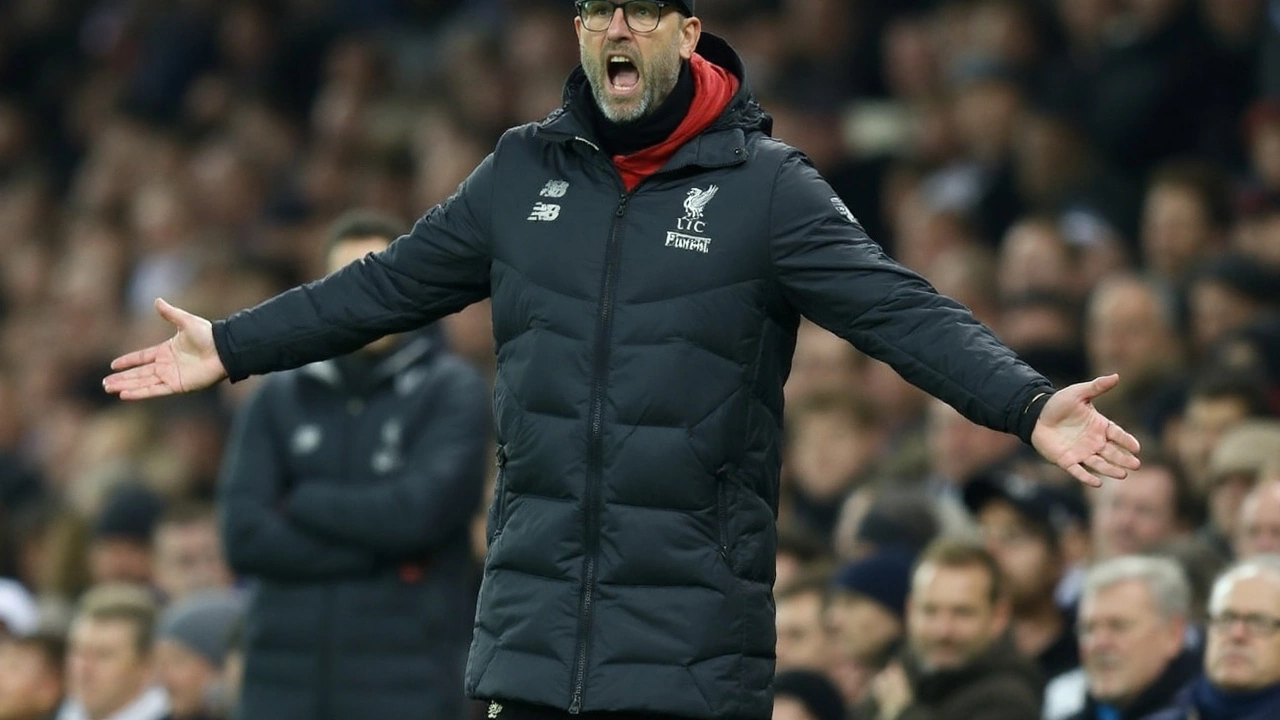FA Ban: Latest Suspensions, Why They Happen and What It Means for Players
Ever wondered why the Football Association (FA) can pull a player off the pitch for weeks or even months? It’s not just for drama – it’s a tool to keep the game fair and safe. In this guide we’ll break down the most common reasons for an FA ban, look at a few recent cases, and explain what a ban actually does to a player’s career.
Common Reasons Behind an FA Ban
First off, the FA isn’t random with its punishments. Most bans fall into a handful of categories:
- Violent conduct: Any physical attack on an opponent, official or fan can lead to a multi‑match ban.
- Racism or hate speech: The FA treats discriminatory language very seriously and hands out lengthy suspensions.
- Breaking betting rules: Players and staff who place bets on football risk a ban and hefty fines.
- COVID‑related breaches: Failing to follow health protocols has also triggered bans in recent seasons.
- Repeated offences: If a player has been warned before, the FA will usually double the punishment.
Understanding these triggers helps you see why a ban isn’t just a slap on the wrist – it’s meant to deter repeat bad behaviour.
Recent FA Ban Cases You Might Have Missed
Let’s look at a couple of headlines that made the news:
Case 1 – The M4 chase: A driver who repeatedly broke disqualification rules was handed a 33‑month driving ban by the courts. While not a football case, it shows how seriously the system treats repeat offences, similar to how the FA escalates bans for repeat misconduct.
Case 2 – Racist remarks on social media: A Premier League player was suspended for six matches after posting a hateful tweet. The FA clarified that online behaviour counts the same as on‑field actions.
These examples underline the FA’s zero‑tolerance stance. When a player breaks the rules, the ban can affect not just the next game but also contract negotiations, sponsorship deals and even fan support.
So, what does a ban actually do? While a player serves the suspension, clubs lose a squad member, which can hurt performance. The player also misses match fees and may see a dip in market value. For younger players, a ban can stall development and limit future opportunities.
But there’s a bright side. The FA offers education programs on conduct, betting and mental health. Completing these courses can sometimes reduce the length of a ban or prevent future sanctions.
Bottom line: an FA ban is a serious consequence that impacts both the individual and the club. Knowing the common triggers and staying aware of the FA’s educational resources can keep you or your favourite player out of trouble.
If you follow the FA’s guidelines, you’ll avoid the headlines and stay focused on the game you love.
